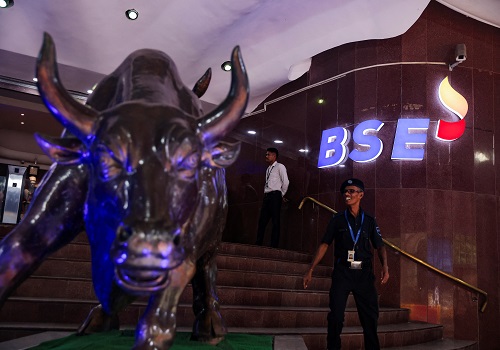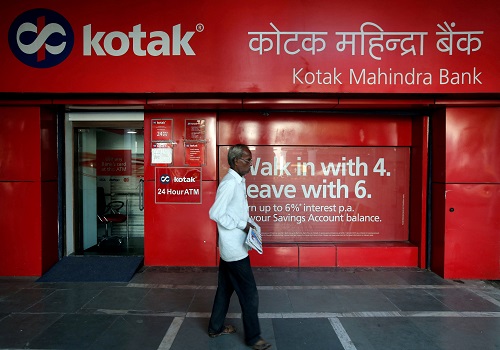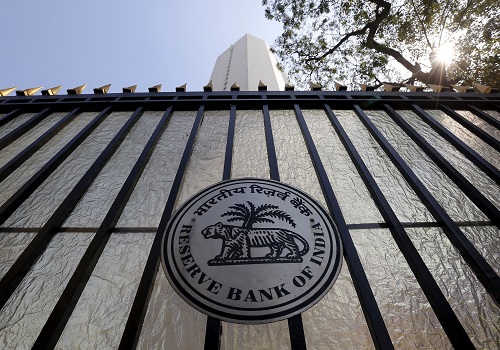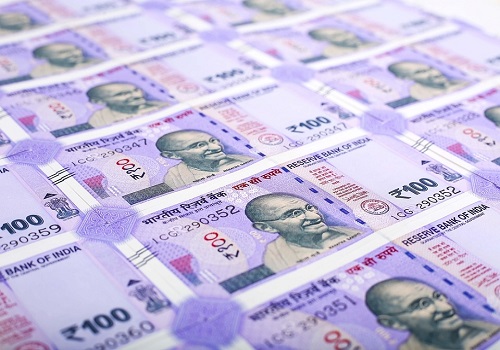MPC members agree on repo rate but not on accommodative stance: Minutes
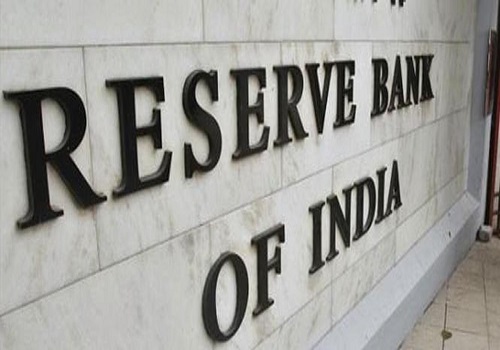
Follow us Now on Telegram ! Get daily 10 - 12 important updates on Business, Finance and Investment. Join our Telegram Channel
Even though the six-member Monetary Policy Committee of the Reserve Bank of India was unanimous in retaining the repo rate at its last meeting, not all members were in consonance for maintaining the accommodative stance.
According to the minutes of the MPC meet which took place from October 6-8, all six members noted the need to support the economic recovery process, and on October 8, the MPC unanimously voted to retain the RBI's repo rate, or short-term lending rate, for commercial banks, at 4 per cent.
Likewise, the reverse repo rate was kept unchanged at 3.35 per cent, and the marginal standing facility (MSF) rate and the Bank Rate at 4.25 per cent.
All members except Prof Jayanth R. Varma voted to continue with the accommodative stance.
The Reserve Bank's MPC minutes, released on Friday, quoted RBI Governor Shaktikanta Das as saying: "As per our assessment, while the recovery is gaining traction and aggregate demand is rebounding, the economy still operates below the pre-pandemic level.
"Despite the projected 9.5 per cent GDP growth for 2021-22, there is still slack in the economy as the level of GDP will only be moderately above its pre-Covid level of 2019-20 GDP."
"Against this backdrop, it is felt that continued monetary support is necessary as the economic recovery process even now is delicately poised and growth is yet to take firmer roots."
"Given an ever-evolving and dynamic environment, with the outlook overcast by several uncertainties including the fact that the pandemic is far from over, we need to ensure that the nascent revival of economic activity shows signs of durability and sustainability."
RBI Deputy Governor Michael Debabrata Patra said: "Recent financial developments amidst a sea of froth highlight the excesses of indebtedness and the potential contagion for the real economy, especially if financial conditions tighten."
"In my view, the biggest risks to India's macroeconomic prospects are global and they could materialise suddenly. In this milieu, I vote to maintain the policy rate and the accommodative stance of policy unchanged, awaiting stronger evidence on demand-led inflationary pressures. Until then, congenial financial conditions need to be in place."
On his part, Prof Varma said that inflationary pressures are beginning to show signs of greater persistence than anticipated earlier.
He talked about risks that have become salient globally in recent weeks such as the ongoing transition to green energy worldwide which poses a significant risk of creating a series of energy price shocks similar to that in the 1970s.
"This means that the upside risks to long term inflation and to inflation expectations are now more aggravated. My second recent concern is about the tail risk to global growth posed by emerging financial sector fragility in China, reminiscent of Japan of the late 1980s."
"Both of these risks - one to inflation and the other to growth - are well beyond the control of the MPC, but they warrant a heightened degree of flexibility and agility."
Besides, he said that "a pattern of policy making in slow motion that is guided by an excessive desire to avoid surprises is no longer appropriate".
In addition, Varma said that raising effective money market rates quickly towards 4 per cent would demonstrate the MPC's commitment to the inflation target, help anchor expectations, reduce risk premia, enhance macroeconomic stability, and allow "lower long-term interest rates to be sustained for longer thereby aiding the economic recovery".










Tag News

AU Small Finance Bank jumps on entering into bancassurance tie-ups with Star Health and Baja...


 320-x-100_uti_gold.jpg" alt="Advertisement">
320-x-100_uti_gold.jpg" alt="Advertisement">


